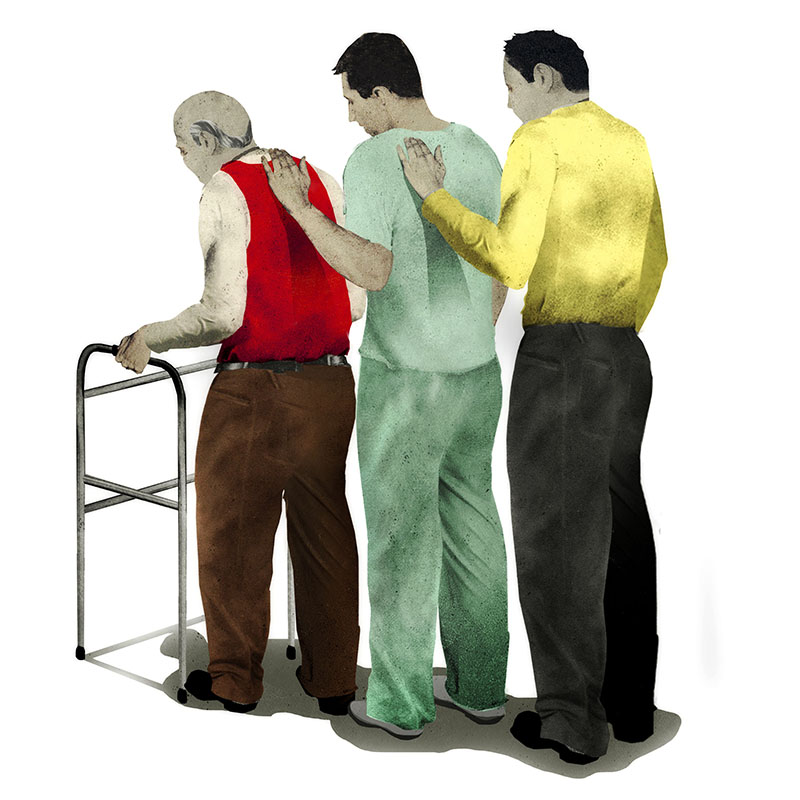Sharing SPIRIT
For millions of Americans and their families, acknowledging what Alzheimer's disease could mean for their futures is tough.
To ease conversations among these patients, families, and caregivers, Thi Mi-Kyung Song, director of the Center for Nursing Excellence in Palliative Care at Emory, is creating a template for them to follow.

With a $3 million grant from the National Institute on Aging, Song will modify a plan that she developed and tested, called SPIRIT, that promotes open, honest discussions among all who are affected by an individual’s mild Alzheimer’s disease—before the dementia progresses to an advanced stage where patients can no longer participate in such discussions meaningfully.
For those with advanced Alzheimer’s, invasive end-of-life care is common, with nearly 41 percent undergoing at least one intensive intervention. This includes things like tube feeding or assisted breathing (e.g., mechanical ventilation), which offer no therapeutic benefits at the end of life.
SPIRIT encourages talking through the realities of Alzheimer’s disease during hour-long discussion sessions involving patients and family caregivers, so they can be prepared for future scenarios, helping reduce doubts about end-of-life decisions. “It’s never going to be easy,” says Song. “But talking about it is best.”
Related
"Study to improve how families, patients, caregivers cope with Alzheimer's disease" (11/13/2017)
Email the Editor




